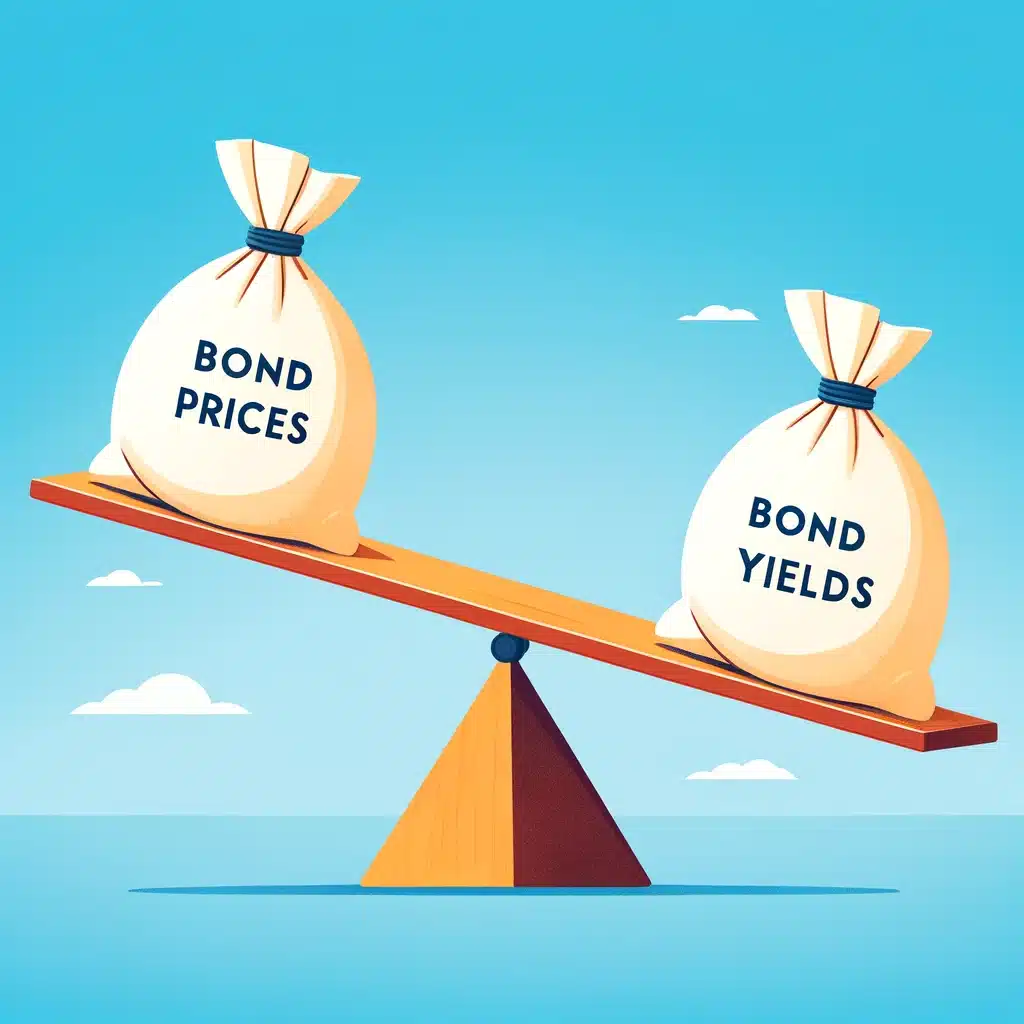In the realm of investments, bonds provide a stable foundation, offering investors reliable returns and security in uncertain times. However, economic conditions in the past few years have presented hurdles for this asset class and it is worthwhile to take a deeper look on how these investments operate.
To start with, it is a commonly held view that having both bonds and equities in a portfolio can provide several benefits to investors. These benefits include:
Diversification: One of the biggest benefits of holding both bonds and equities in a portfolio is that it helps to diversify investment risk. By spreading investments across different assets, investors can reduce the overall risk of their portfolio and achieve more stable returns. When one asset class performs poorly, the other asset class may perform well, which helps to offset losses.
Stability, growth and income: In normal markets bonds are known for their stability and regular income, as they provide a fixed stream of interest payments. This can be particularly useful for retirees or other investors who are looking for a more reliable source of income. Equities, on the other hand, offer the potential for higher returns over the long-term, as companies grow and generate higher profits. By holding both bonds and equities, investors can benefit from a balance of stability and growth in their portfolio.
Reduced volatility: By holding a mix of bonds and equities, investors can reduce the volatility of their portfolio and achieve more stable returns over the long-term. Usually, the stability of bonds can help to offset the volatility of equities, creating a more balanced portfolio that is less susceptible to market swings.
What is a Bond?
A bond is a financial instrument that represents a loan made by an investor to a borrower (such as a government or company). When you buy a bond, you are essentially lending money to the issuer in exchange for periodic interest payments (the coupon payments). When the bond reaches its maturity date the issuer returns the bond’s face value. Bonds are typically issued by governments, corporations, and other entities to raise capital for various purposes, such as financing infrastructure projects, expanding business operations, or managing short-term cash flow needs.
Like shares, bond prices can fluctuate based on market conditions, supply and demand, and changes in interest rates. If interest rates rise after you purchase a bond, its market price will typically fall, and vice versa.
Key Terminology
- Face Value (Principal): This is the amount of money the bond will be worth when it matures. It’s also the amount that the issuer promises to repay the bondholder at the end of the bond’s term.
- Coupon Rate: The coupon rate is the fixed interest rate that the bond pays to the bondholder as a percentage of the face value. For example, a bond with a face value of $1,000 and a 5% coupon rate pays $50 in annual interest.
- Maturity Date: This is the date when the bond issuer will repay the face value to the bondholder, and the bond’s life comes to an end. Bonds can have short-term (e.g. 1-5 years), medium-term (5-10 years), or long-term (over 10 years) maturities.
- Issuer: The entity that borrows the money by issuing the bond. This can be a government (government bonds), corporation (corporate bonds), municipality (municipal bonds), or other entities.
- Yield: The yield is the actual rate of return an investor will earn on a bond if held to maturity. It takes into account the bond’s current market price and its coupon rate. If a bond is trading at a discount or a premium to its face value, the yield will be different from the coupon rate.
- Market Price: Bonds are bought and sold in the secondary market, similar to shares. In New Zealand this can be on the NZX Debt Market. Their prices can fluctuate based on changes in interest rates, economic conditions, and investor demand.
- Duration: Duration is a measure that quantifies how much a bond’s price is expected to change in response to a 1% change in interest rates. It reflects the sensitivity of bond prices to interest rate movements, with longer-duration bonds being more sensitive to rate changes, and shorter-duration bonds being less sensitive.
What are the risks with bonds?
Credit Risk
A bond’s credit quality refers to the issuer’s ability to meet its financial obligations, specifically its coupon payments and the return of the principal amount (the face value) when the bond matures. Credit quality is a critical factor in determining the risk associated with a bond and can significantly impact the bond’s yield and market price. Credit quality is evaluated by credit rating agencies, such as Standard & Poor’s, Moody’s, and Fitch Ratings, which assign credit ratings to bonds and issuers based on their creditworthiness. Credit ratings are usually assigned using letter grades or symbols to represent different levels of credit risk. Commonly AAA is a good rating whereas BB would be considered a high yield or junk bond.Interest Rate Risk
Bond prices and yields have an inverse relationship. When bond yields go down, bond prices go up, and vice versa. If the plan is to hold a bond until maturity and collect the coupon payments and face value, interest rate fluctuations in the secondary market are less relevant because you’ll receive the predetermined payments. However, if an investor decides to sell the bond before maturity, its market price will reflect the current interest rate environment.

Bonds in your portfolio
To manage interest rate risk, our financial advisers recommend fixed interest funds and securities with different geographic, credit and interest rate risks. These funds then purchase bonds from mostly investment grade issuers.
To find out more about how bonds can fit into your investment portfolio and financial plan, contact one of our independent financial advisers.
Disclaimer: This article is general in nature and does not constitute personalised financial advice. Please get in touch with a Bradley Nuttall financial adviser if you want to discuss this article or your financial situation.




